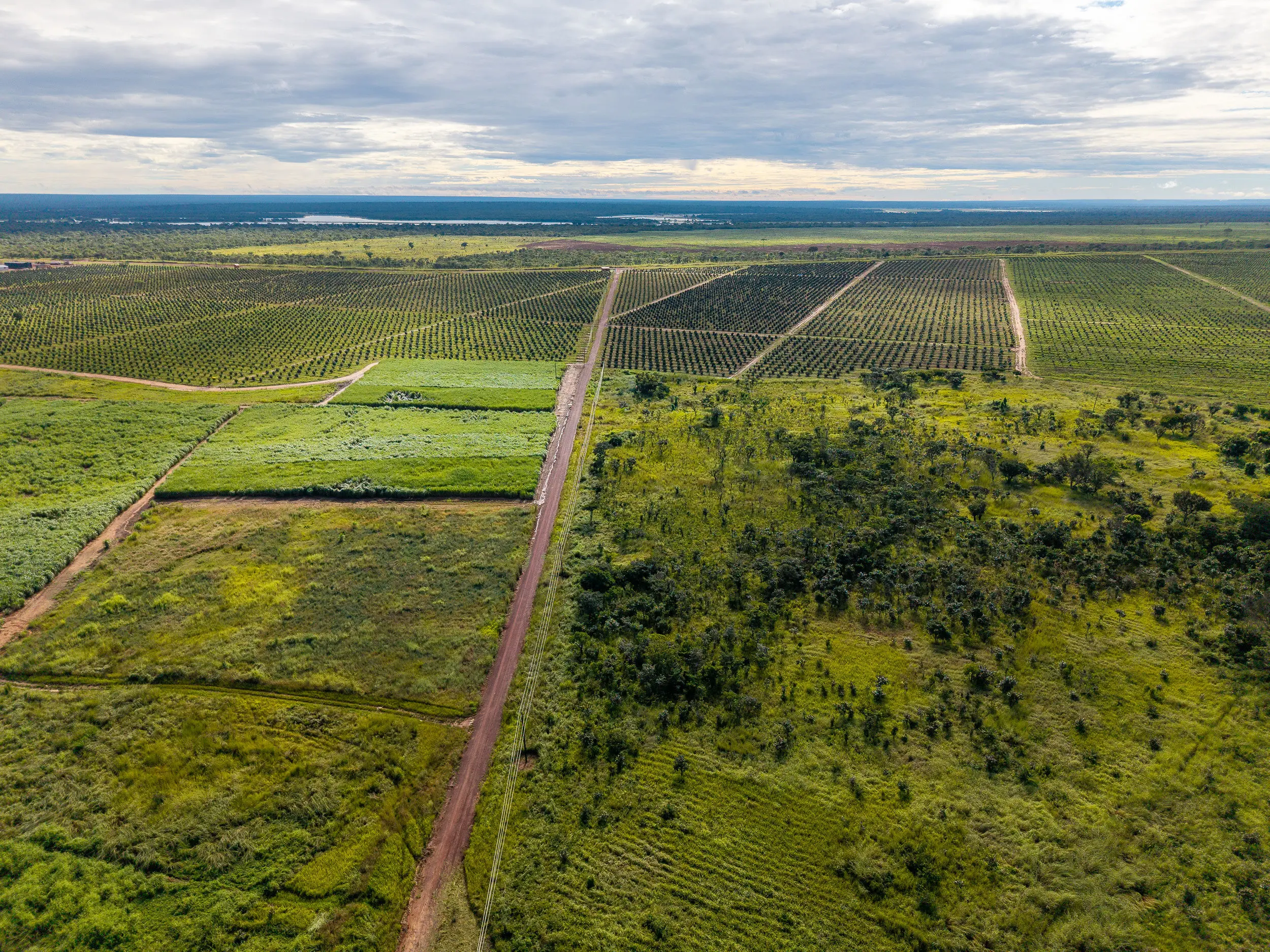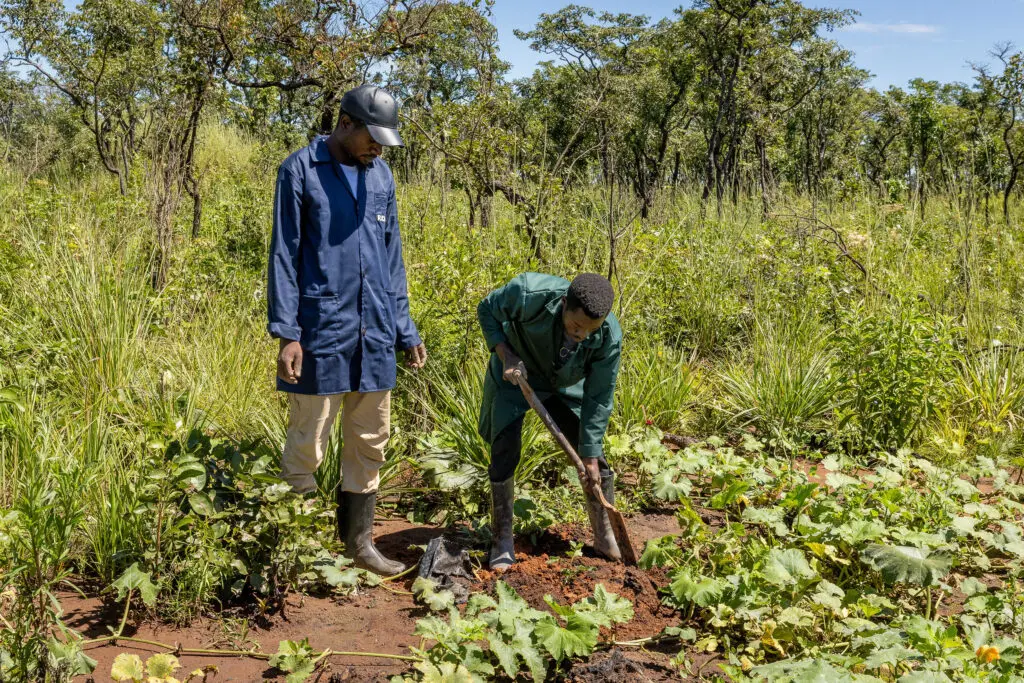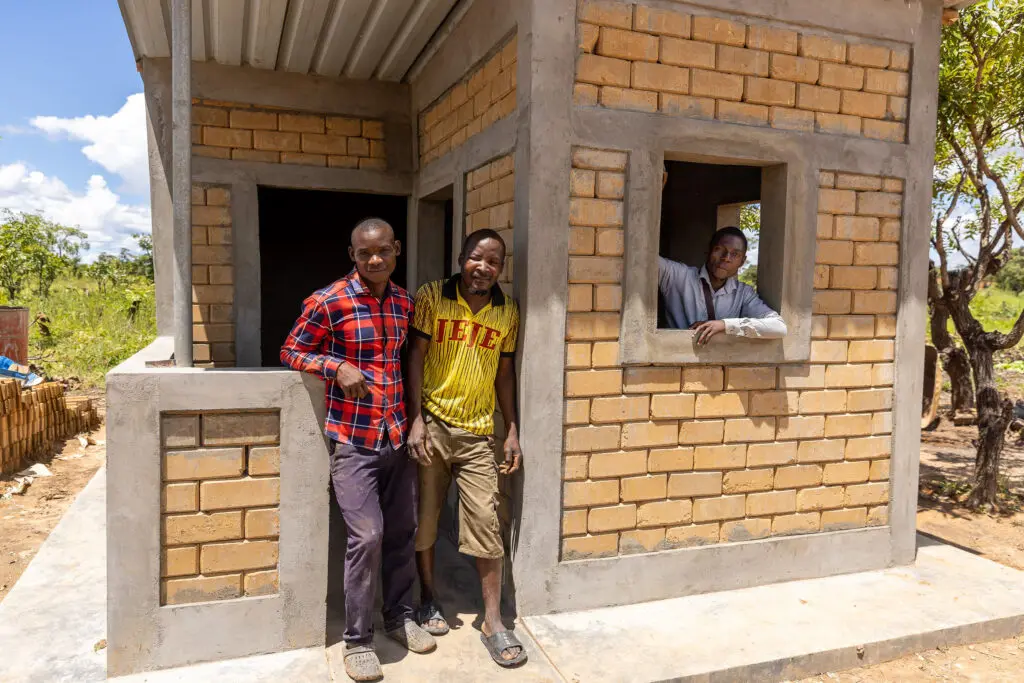Large Scale, Sustainable, Smart Technology & an Attractive Harvest Window
Avocado orchards planted in over 1,100 Ha in a farm size of 2,100 Ha, with ideal conditions for sustainable production of high-quality avocados.
With an appealing harvest window, Nava Avocado is uniquely placed to fill global supply gaps, delivering fresh, premium avocados across the world.
Responsible stewardship of natural resources and a positive effect on the surrounding communities are the core foundations of our vision.

Of the overall 2,100 ha farm area, over 800 ha has been purposefully left untouched as Miombo Woodland zones. Our Environmental Impact Study helped identify beneficial land management practices. As part of our responsible stewardship, our aim is to restore the habitat and improve biodiversity of the local flora and fauna. This specifically includes the environmentally sensitive riparian belt along the Mupoposhi River as well as a small tributary watercourse that flows into it. The indigenous vegetation has been denuded and degraded over time by traditional cut and burn cultivation practises, known locally as chitamene. We are actively propagating indigenous forest tree species to rejuvenate and restore the vegetation voids particularly by reintroducing the larger emergent and upper canopy trees that have been felled previously under the traditional chitamene cultivation system.
More
We are proud to actively promote biodiversity of the flora and fauna that inhabit the areas around our orchards, protecting natural forests, waterways and wetlands, maximising the benefit to our local communities. Our clear priority is to minimise wastage and to use natural resources as efficiently as possible. Avocado trees are perennials and so are more sustainable because they reduce soil and water erosion while sequestering more carbon. A mature avocado tree absorbs around 20 kg of C02 each year, significantly reduced carbon footprint, creating a better life for everyone. Our Integrated Pest Management program promotes diversity and balance of natural organisms, making our avocados safe to eat, while being produced in an environmentally & socially responsible way.
More
Lack of basic infrastructure, surrounding our farm, has been identified as the key constraint to local development. Our primary focus has since been to develop the infrastructure for the local community. In line with this vision, we have successfully completed the grid connection for mains electricity and are now working on all-weather road and bridge links to the national road network. In a much-needed boost to local employment prospects, we expect to create around 400 permanent and 800 seasonal jobs, including over 250 jobs for women, while imparting training to uplift the local skill pool. In addition to the above, several other community projects are in the pipeline.
MoreGlimpses of our Farm and recent activities.